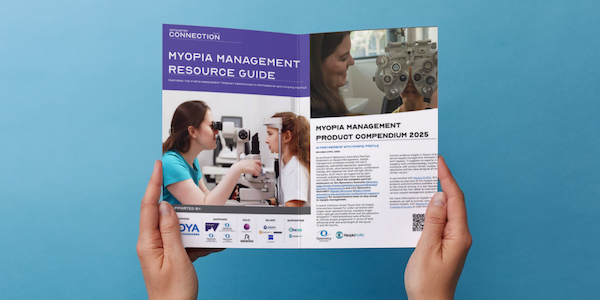Optometry Australia launches Myopia Management Resource Guide and Product Compendium to support members in practice
As our national Myopia Awareness Campaign ‘Off Screens, Outside, Optometrist’ continues to build momentum across the country, we’ve released a new clinical resource to support our members in delivering confident, evidence-based myopia care. View
View




